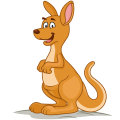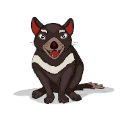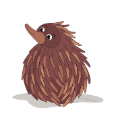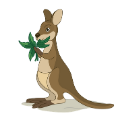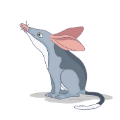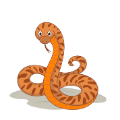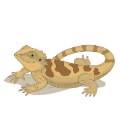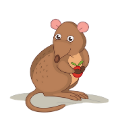Freedom from hunger and thirst
All chickens must have access to clean water and a well-balanced, nutritious diet. Freedom from hunger and thirst provides a chicken’s most basic needs by allowing that chicken to remain in good health and full of energy.

Did you know that there is a special law protecting animals?
This law is called the Animal Welfare Act. The Animal Welfare Act says that your animal has five groups of welfare needs. These are five groups of things that animals need to be healthy and happy. These five welfare needs are called the Five Freedoms.
Under the Animal Welfare Act all animal guardians (owners) need to provide these five groups of things for their animals. One of these Five Freedoms is: Freedom from Hunger and Thirst. In this section you will learn about this freedom and how you can make sure your chickens have the right diet to be free from hunger and thirst.

















